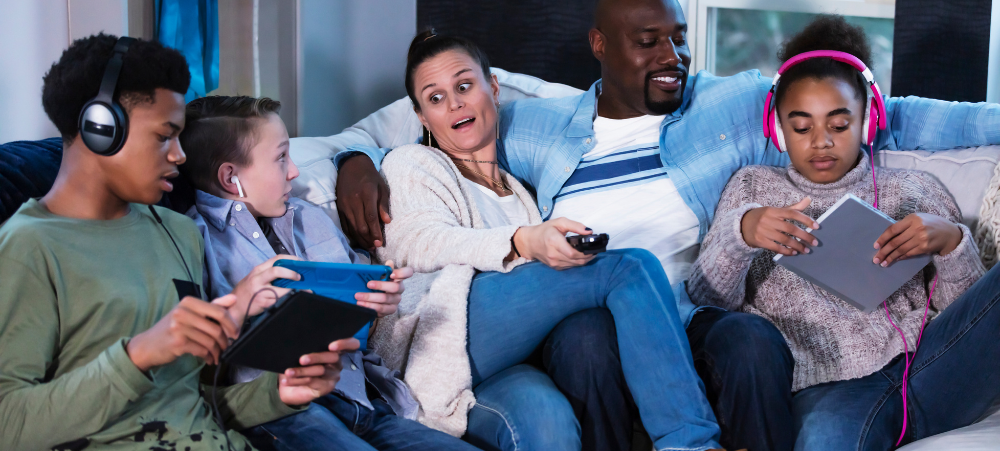
Gentle Discipline: Setting Boundaries Without Tears
Discipline doesn’t have to be about punishment or strict rules. Gentle discipline focuses on teaching children self-control, empathy, and responsibility while maintaining a loving and respectful relationship. By setting clear boundaries without anger or tears, parents can guide behavior in a way that encourages understanding and cooperation. 1. Be Clear and Consistent Children thrive when they understand expectations. Clearly communicate rules and consequences in a calm and simple way. Consistency is key—when children know what to expect, they feel secure and are more likely to follow the rules. 2. Focus on Positive Reinforcement Praise and acknowledge good behavior rather than only reacting to misbehavior. Highlighting positive actions reinforces them and helps children understand the behaviors you want to see repeated. Simple statements like “I love how you shared your toy” go a long way. 3. Offer Choices When Possible Giving children options within boundaries empowers them and reduces resistance. For example, “You can put your toys away now or after your snack—what would you like to do first?” Choices encourage independence while still respecting limits. 4. Use Natural Consequences Allowing children to experience the natural outcomes of their actions teaches responsibility. For instance, if a child forgets their jacket, they feel cold outside. This approach helps children connect behavior with outcomes without harsh punishment. 5. Stay Calm and Composed Children often mirror adult emotions. Maintaining a calm and steady tone during conflicts models emotional regulation. Deep breathing, counting to ten, or taking a brief pause before responding can prevent escalations and help you stay composed. 6. Connect Before Correcting Before addressing misbehavior, ensure your child feels heard and understood. Acknowledge feelings: “I see you’re upset that playtime ended.” Once they feel understood, it’s easier for them to listen and respond to guidance. 7. Keep Discipline Age-Appropriate The strategies and expectations should match your child’s developmental stage. Younger children need simple, immediate consequences, while older children can handle more explanation and delayed consequences. Adjusting your approach helps children learn effectively without frustration. 8. Model the Behavior You Want to See Children learn from what they observe. Demonstrating patience, kindness, and self-control in your own actions reinforces the behaviors you want your child to adopt. This modeling creates a consistent and respectful environment. Gentle discipline encourages cooperation, emotional intelligence, and understanding, rather than fear or tears. By combining consistency, empathy, and positive reinforcement, parents can guide their children toward responsible behavior while maintaining a strong and loving connection. SourcesAmerican Academy of Pediatrics – Positive Discipline TechniquesChild Mind Institute – Gentle Discipline StrategiesParenting Science – Setting Boundaries with Children


































